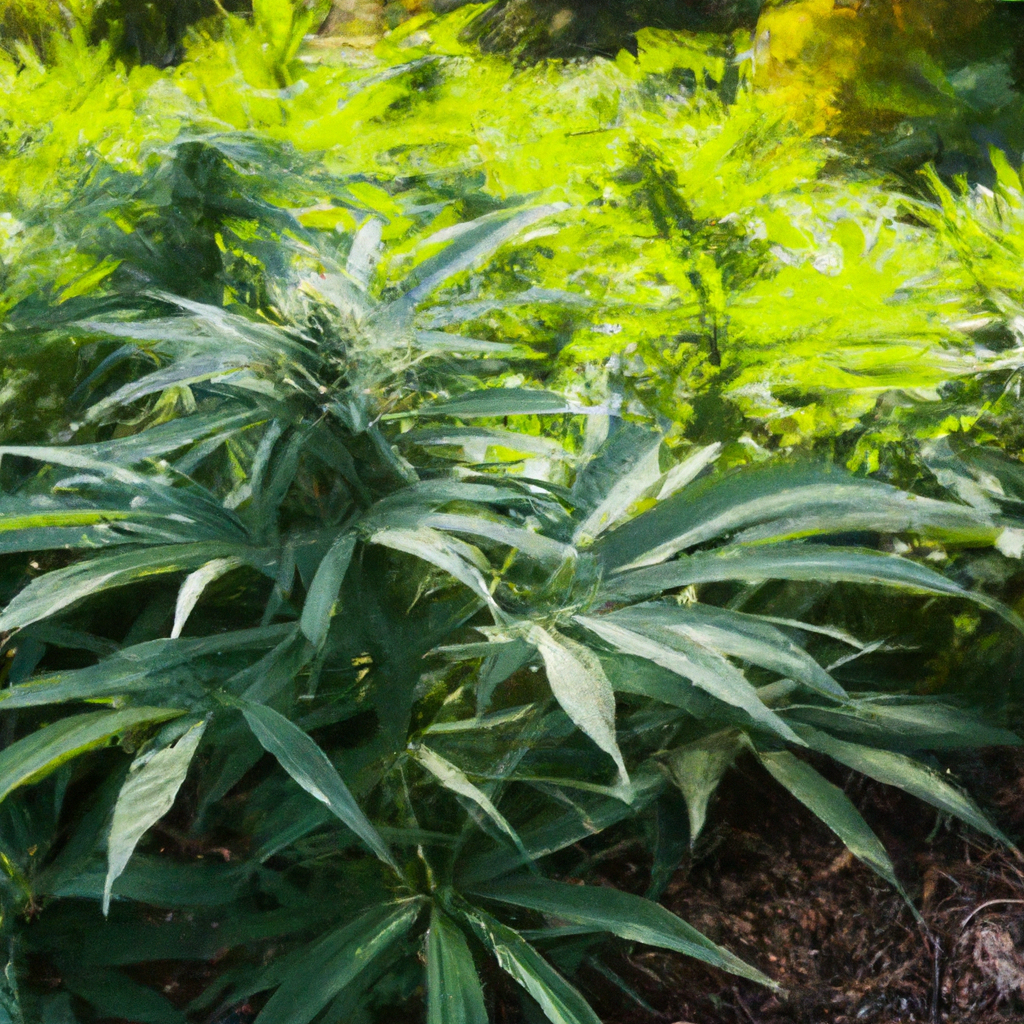Your cart is currently empty!
Delving into the world of organic cannabis cultivation offers growers an opportunity to work symbiotically with nature, creating a sustainable and healthy growing environment. By avoiding synthetic chemicals and employing natural fertilizers, compost, and eco-friendly pest control methods, cultivators can promote robust plant growth while reducing environmental impact. Let’s explore some of the best practices for organic cannabis cultivation.
Building Healthy Soil Ecosystems
The foundation of successful organic cannabis cultivation lies in the soil. Healthy soil is teeming with beneficial microbes that promote plant growth and nutrient absorption. Here are key components to consider:
- Compost: Incorporate well-decomposed organic matter into your soil to enrich it with nutrients. Compost improves soil structure, increases water retention, and provides a habitat for microorganisms.
- Cover Crops: Planting cover crops like clover or alfalfa enhances soil structure and adds nitrogen to the soil. They also help prevent erosion and suppress weeds.
- Mulching: Cover the soil surface with organic mulch to conserve moisture, regulate temperature, and encourage microbial activity.
Nurturing Plants with Natural Fertilizers
Utilizing natural fertilizers keeps your cannabis plants healthy and thriving without the drawbacks of chemical counterparts. Consider these organic fertilizer options:
- Fish Emulsion: Rich in nitrogen, fish emulsion boosts vegetative growth. It’s easy to apply and benefits the soil ecosystem.
- Bone Meal: High in phosphorus and calcium, bone meal encourages robust root development and flowering.
- Worm Castings: Often referred to as “black gold,” worm castings are nutrient-rich and improve soil aeration and drainage.
Eco-Friendly Pest Management
Pest control in organic cannabis cultivation relies on natural methods that preserve the integrity of the environment and the plants. Implement these strategies for effective pest management:
- Companion Planting: Plant pest-repellent herbs like basil, marigold, or mint alongside cannabis to deter insects naturally.
- Beneficial Insects: Introduce predator insects such as ladybugs and lacewings to control pest populations.
- Neem Oil: A natural pesticide, neem oil disrupts pest growth and reproduction while being safe for the plants and non-target organisms.
The Benefits of Organic Cannabis
Organic cannabis cultivation brings numerous benefits not only to the environment but also to the consumer:
- Environmental Impact: By reducing the use of synthetic chemicals, organic farming decreases pollution and conserves biodiversity.
- Health Benefits: Consumers enjoy cannabis free from residual synthetic pesticides and fertilizers, leading to a cleaner, healthier product.
- Sustainability: Organic practices promote long-term soil health and resource conservation, ensuring sustainable cultivation for future generations.
Conclusion
Organic cannabis cultivation is not just a growing trend—it’s a commitment to cultivating high-quality plants sustainably and responsibly. By focusing on building healthy soil ecosystems, utilizing natural fertilizers, and employing eco-friendly pest control, growers can produce superior cannabis while supporting environmental and human health. Embrace these practices and join the movement towards a greener future.
Discover more from Magic Clones
Subscribe to get the latest posts sent to your email.


Leave a Reply